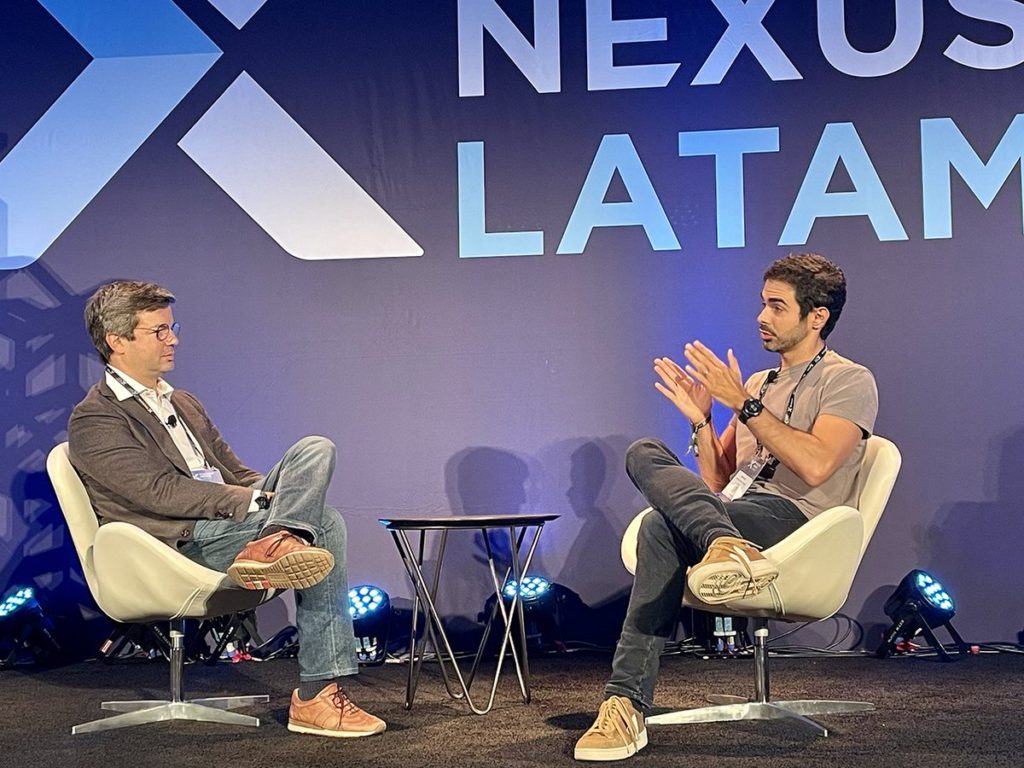Addi has set out to use BNPL to drive the financial inclusion of merchants and customers. To do this, insights are critical.
“The way we think about BNPL is that it’s a closed-loop payment network where we have a direct relationship with the customer and the merchant,” said Santiago Suarez, Co-Founder and CEO of Addi at Fintech Nexus LatAm 2022. “We like to say it’s a combination of Capital One, Stripe, and Visa under the same roof.”
“The magic of the business is that we have full visibility,” he explained; this visibility allows the company to gain insights into customer behavior that other credit services do not have access to.
“You know what your customers are buying, where they’re buying it, how that relates to the home address, and how that relates to previous purchases.”
Suarez explained that, among other things, these insights give the basis for many of the credit decisions and have helped them to drive down delinquency rates significantly in the past year. As well as this, it has allowed them to offer products to those historically underserved by the financial system.
Financial inclusion in the Colombian and Brazilian markets is dire. “64% of Brazilians don’t have a credit card, and 75% of Colombians do. There’s just an incredible amount of people that you can provide a credit for through BNPL.” Addi can use the insights to develop solutions to target customers’ needs and minimize purchase friction.

BNPL benefitting merchants and customers
Suarez explained that in Brazil, the lending market is a profitable one.
Those with credit cards are prolific users of the service. A survey by Pag Brazil found that around 57% of online payments are conducted with credit. Online sales are a growing market in Brazil; many see its e-commerce market as an area ripe for investment.
However, the settlement process is long and complicated, with many merchants paying extra fees for more efficient services. These services can come at a cost, reaching as much as 15% of the sale.
“The difference between Colombia and Brazil is that in Brazil, merchants are immediately attracted to the value (of BNPL). They are willing to pay for just the service…which is increased conversion.”
He explained that in Colombia, the conversation about credit is different. The country historically has low levels of credit usage, so consumers are attracted more to the lower fees of BNPL. For merchants, the attraction is the exposure given by the BNPL platform and the conversion increase.
“Income is where the business happens. In Colombia and Brazil, 40% of income purchases start in our app. The customer goes through our app, looks at our merchant’s offers, and then chooses where to purchase.”
To maximize the benefits of this, Addi has created an affiliate network and lead generation business for merchants.
“The value we bring is not just the conversion rate or fee, but on that, the checkout page is also getting the traffic that we can qualify, that we have identified with you. And that is very likely to convert.”